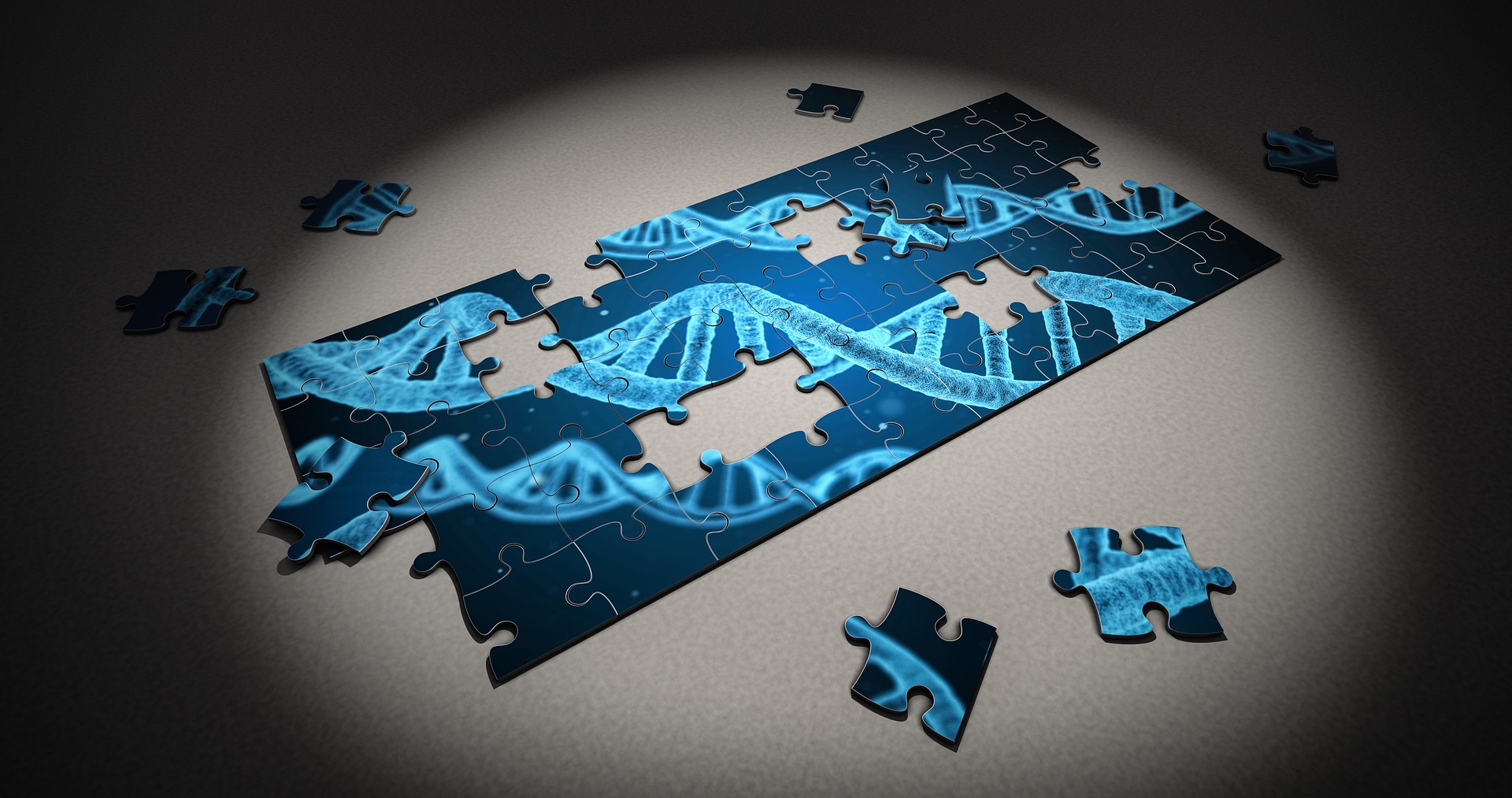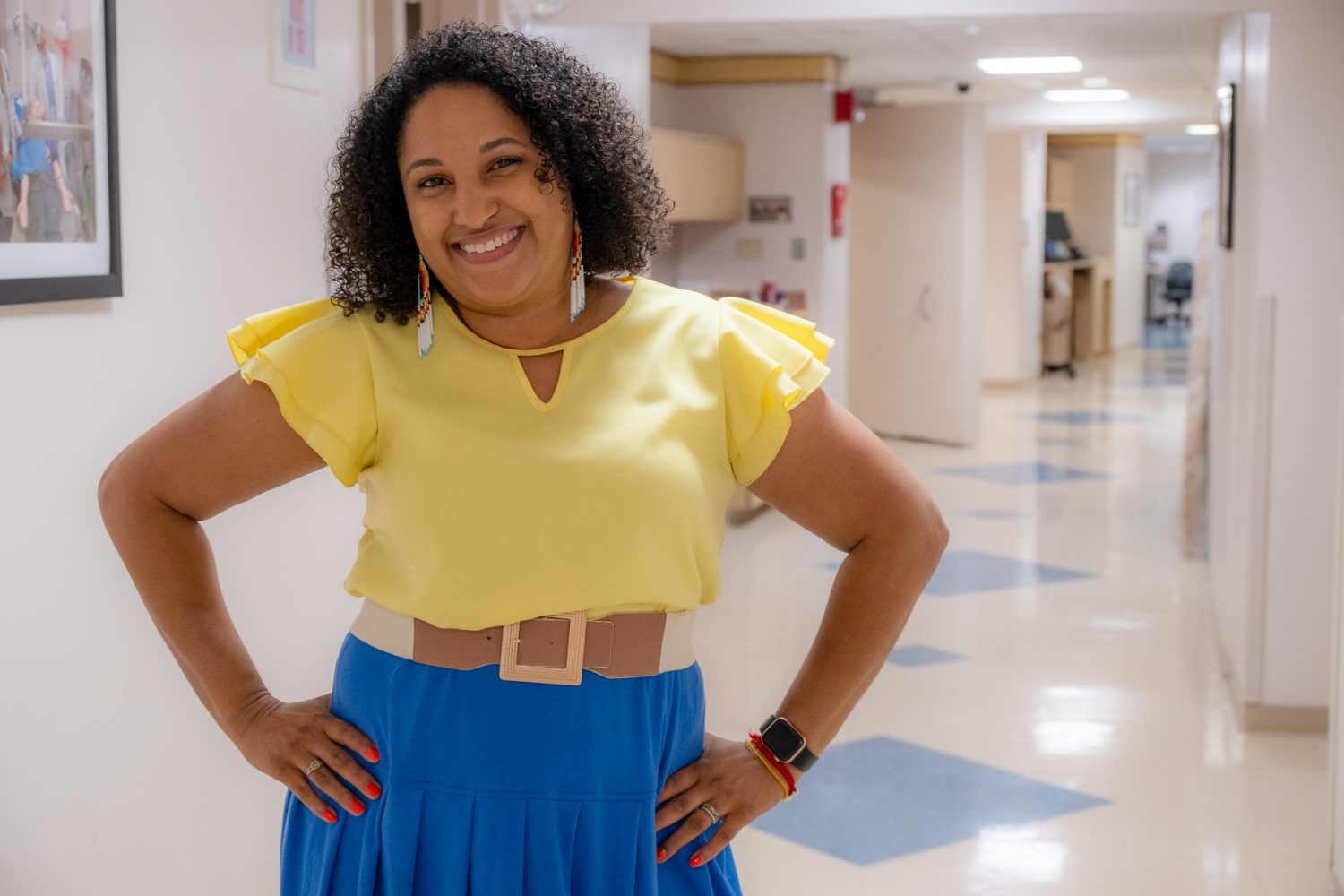Genetic testing has become a popular method for detecting the presence of or predisposition for an array of diseases, especially hereditary ones. It seems like it should be easy then for a doctor to look at someone’s DNA and determine if they have a genetic disease, but this isn’t always the case.
Lynch syndrome is a hereditary disease that results in a predisposition for several kinds of cancer including colon, endometrial, and ovarian cancers. Since Lynch syndrome is carried through a person’s genes, physicians are able to determine if a patient has it based on the detection of a specific mutation in one of the four major DNA mismatch repair genes, which are responsible for fixing errors in the DNA replication process.
However, for about a fourth of patients, there can be a variation in their DNA with subsequent effects on gene function that aren’t immediately obvious. These variants, known as missense mutations, change only a single nucleotide. That single nucleotide translates to a change in a single amino acid in a protein chain rather than an entire protein, which is much easier to use for diagnostic purposes. These “variants of uncertain significance” (VUS) prevent doctors from being able to determine, definitively if a patient or their family members have Lynch syndrome.
This problem has led scientists to dive into studying the function of these variants in human cells in order to determine how they affect mismatch repair gene function.
UConn Health associate professor of medicine Christopher Heinen has received a $1.8 million grant from the National Institutes of Health to study the effects of these VUS using human stem cells. UConn Health professor of community medicine and health care James Grady is a co-investigator on this project.
“The identification of a mismatch repair gene VUS in a cancer patient is a huge source of anxiety. Despite the detection of a genetic variant, a definitive diagnosis can’t be made. This causes uncertainty for how to manage that patient,” Heinen says. “Since this is a hereditary disease, other family members may carry the same variant, yet not be certain if they are at increased risk of cancer. This is particularly troublesome as patients with definitive Lynch syndrome normally require a very aggressive cancer prevention strategy.”
Heinen and his team will study these variants using immortal pluripotent stem cells and CRISPR-Cas9 gene-editing technology. Pluripotent stem cells are ideal for this kind of research because they can be differentiated into any kind of body cell. This allows researchers to observe the effect of the mutation of interest on different bodily systems.
Lynch syndrome patients are mostly affected by colorectal cancer, so the researchers on this project will pay special attention to a subset of VUS in human colon cells they will derive from the stem cells.
Heinen’s team will perform CRISPR-Cas9-mediated gene targeting to create a crop of cells with different VUS and examine whether these VUS disrupt cellular mismatch repair functions. In addition, to fixing mistakes made during DNA replication, the mismatch repair pathway also induces cell death in stem cells that have been exposed to DNA damaging agents such as those used in chemotherapy.
The model system developed through this project will allow researchers to test if a certain missense variant affects these mismatch repair gene functions, an important step in determining whether the variant truly contributes to disease pathogenesis.
“The advent of CRISPR gene editing allows us to finally do the kind of genetic experiments in human cells that used to be restricted to lower organisms such as yeast,” Heinen says. “By using this much more relevant model, we will gain insight into the likelihood that a given variant is causing cancer.”
For the variants that have intermediate effects on the mismatch repair genes, the researchers will further pursue their effects in stem cell-derived intestinal organoids. By treating these organoids with DNA damaging drugs, the scientists can determine whether the mutant protein behaves similarly to wild-type protein with regards to activation of cell death or senescence.
Then, for those variants whose effects are still inconclusive, the researchers will use next-generation sequencing approaches to examine the long-term effects of these variants on the entire genome’s stability. They will compare natural cells and those with the variant to determine if there is an advantage in having that variant.
This proposal will assist in the disease significance classification for a large number of MMR gene VUS which can be used by clinicians and genetic counselors world-wide to assist in managing and preventing cancer in patients and their families.
Christopher Heinen holds a Ph.D. from the University of Cincinnati College of Medicine in molecular genetics. He completed his postdoctoral training at Thomas Jefferson University. His research focuses on cancers caused by Lynch syndrome using a multipronged approach to understand the nature of the genetic underpinnings of this condition.
NIH Grant 1R01CA222477-01A1



